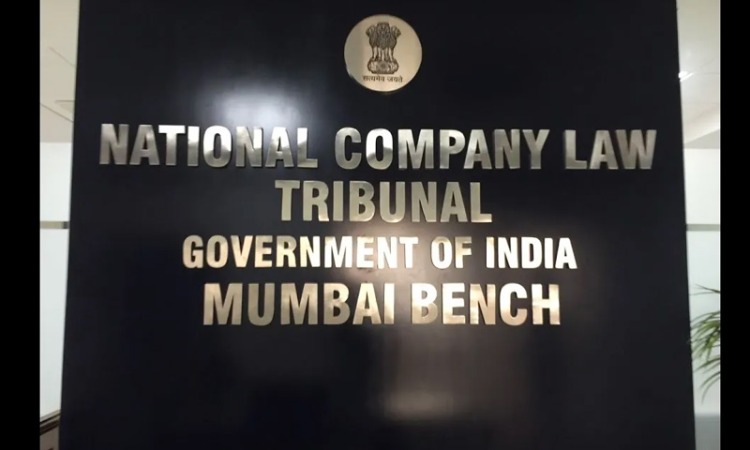Section 14 Of IBC Does Not Differentiate Between Assessment, Quasi-Judicial Or Judicial Proceedings: NCLT Mumbai
Pallavi Mishra
18 Aug 2022 11:54 AM IST

Next Story
18 Aug 2022 11:54 AM IST
The National Company Law Tribunal ("NCLT"), Mumbai Bench, comprising of Justice P.N. Deshmukh (Judicial Member) and Shri Shyam Babu Gautam (Technical Member), while adjudicating an application filed in M/S Ravi Infrastructure & Projects v KSS Petron Private Limited, has held that Section 14 of the Insolvency and Bankruptcy Code, 2016 ("IBC") does not differentiate between...
